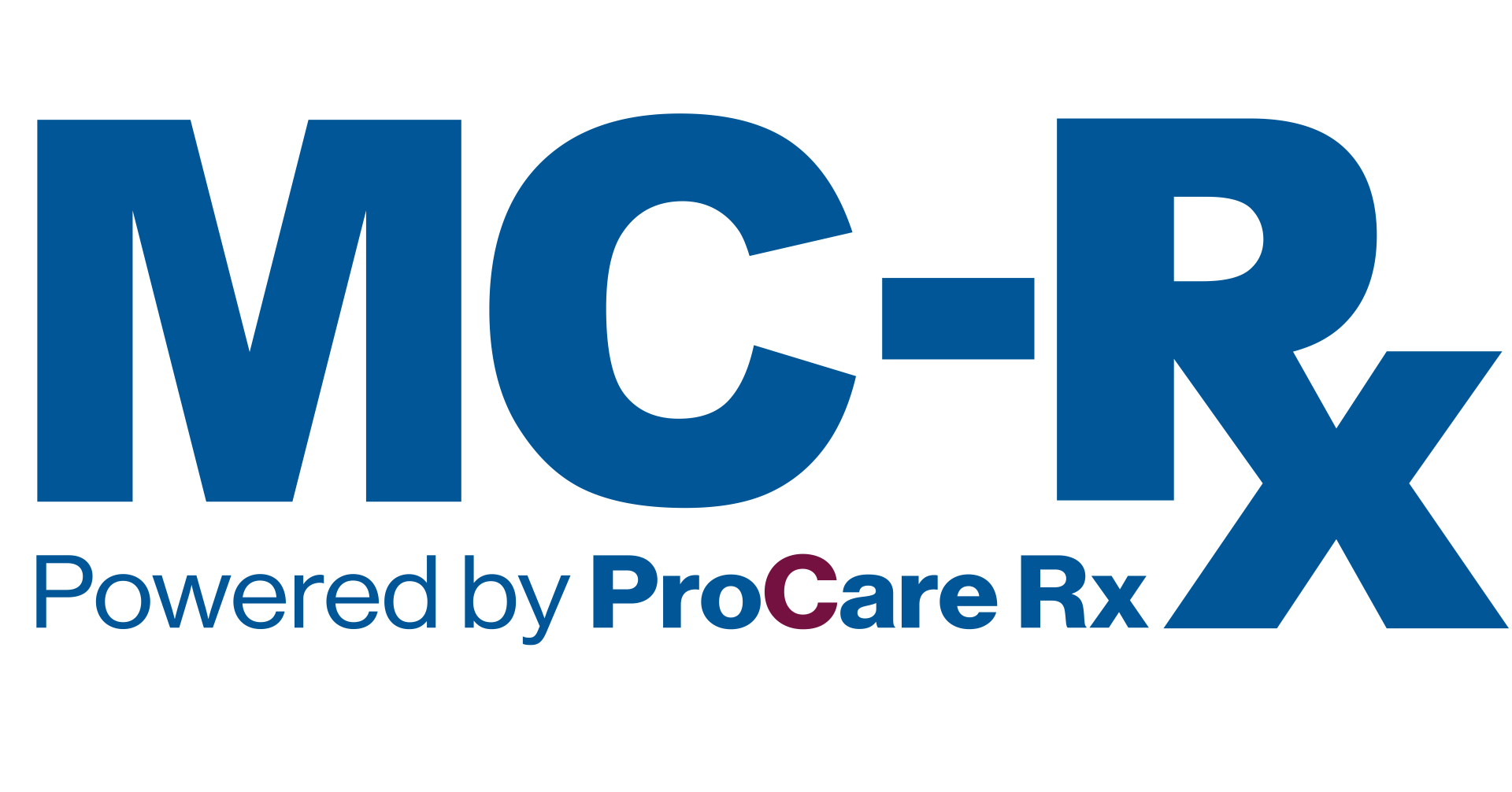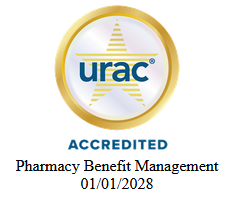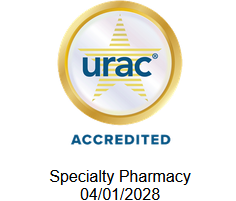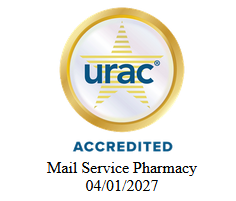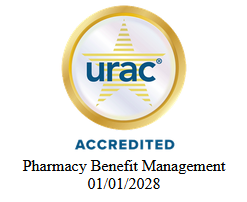NATIONAL COLLABORATION NEEDED TO COMBAT OPIOID EPIDEMIC
October 15, 2020
National collaboration among public and private companies and governmental agencies is needed to manage, prevent and curb new and chronic existing opioid use, states pharmacy benefit manager MC-Rx.
Gainesville, GA [October 1, 2019] – Many pharmacy benefit managers (PBMs) are working with employers to curb and prevent the abuse of prescription opioids with data-driven safety management programs. To more effectively combat and prevent new and chronic opioid abuse, a holistic approach with collaboration among insurers, PBMs, governmental agencies and others is needed, says LaMar Williams, executive vice president of the PBM MC-Rx.
Many PBMs and insurers are actively addressing workplace opioid use and abuse in an attempt to reduce continued negative impact. A 2018 survey of 2,000 U.S. workers and 500 human resources professionals by The Hartford, a property and casualty insurer, found that 65 percent of companies report detrimental financial impact associated with opioid use by their employees1, and the U.S. Centers for Disease Control and Prevention estimates that the total cost of opioid misuse and abuse is almost $80 billion a year, including employee healthcare, lost productivity and workplace injury.4 The National Business Group on Health has urged employers to communicate with PBMs to detect unusual patterns of employee opioid use and help protect employees from opioid dependence by structuring custom benefit plan designs to limit access to minimum necessary treatment regime and dosage.2 About half of U.S. businesses are using a prescription drug monitoring program and/or their PBM to reduce claims involving opioids.3
“PBMs have a major and necessary role to play in addressing the epidemic,” Williams said. “Since almost 100percent of every opioid prescription that is processed under insurance will adjudicate on a PBM system, we have a unique and vital piece of the puzzle that enables us to engage with these claims in real-time. The PBM database is the only data repository that can provide a real-time perspective on legal opioid prescription activity, as the individual may obtain prescriptions from multiple physicians and attempt to fill at different pharmacies. Our role should not only be supporting the effort to curb dependence, but also facilitating effective efforts with the end goal of creating a way to get out of this crisis through prevention mechanisms.”
However, there is not yet national collaboration among all stakeholders, in part due to lack of interoperability of data management systems as well as privacy regulations, Williams said.
In 2016, the Centers for Disease Control and Prevention (CDC) released the Guideline for Prescribing Opioids for Chronic Pain, the first national standard for opioid safety management for primary care providers who account for half of all opioid prescriptions annually.5
“Outcomes from this guideline have helped prevent many patients from escalation to opioids by concentrating on optimizing alternative therapy, such as NSAIDs,” Williams said. “We know that one size does not fit all, and that’s why the CDC standard is a guideline, not a protocol. We try to work as a team with physicians and pharmacists to allow them to treat patients to the best of their ability."
Gainesville, Ga.-based MC-Rx works with employers by:
Evaluating potential risk based on population and current utilization, which may include Drug Utilization Review (DUR) warnings.
Administering Morphine Milligram Equivalent (MME) dosing protocols with seven-day initial fill limits for patients with acute pain needs, such as post-surgery.
For chronic existing opioid users, MC-Rx generally follows the CDC guideline that requires:
Attestations from the medical provider to bypass the CDC’s MME dosing protocol, including clinical specifications of chronic conditions, such as cancer and sickle cell.
Medical providers to review state databases to determine patients’ history of opioid use.
Some chronic existing opioid users to receive drug screens, state prescription drug monitoring programs (PDMP) review, and the dissemination of naloxone, an emergency antidote to treat acute opioid poisoning.
“Established chronic pain patients need to be carefully managed as a team effort,” Williams said. “PBMs are in alignment with physicians and other providers in the belief that no one should endure pain, if possible. However, this needs to be done in a meticulous and measured way.”
About MC-Rx
MC-Rx, a full-service pharmacy benefit manager (PBM) with corporate offices in Gainesville, Georgia and Caguas, Puerto Rico, focuses on transparency, best-in-class service, and offering clients the “lowest net cost.” MC-Rx was formed by combining two Utilization Review Accreditation Commission (URAC)-certified, world-class PBMs: ProCare Pharmacy Benefit Manager and MC-21. The newly formed ProCare companies provide innovative computer software systems and services to various sectors of the healthcare industry. Together they have more than a half-century of industry experience, four major locations, two state-of-the-art, 24/7 data and customer support centers, three software research and development centers, and more than 550 employees. By virtue of this combination, MC-Rx will have clients in all 50 states, Puerto Rico, and the U.S. Virgin Islands. MC-Rx includes two affiliated mail-order and specialty pharmacies, ProCare PharmacyCare, and is one of only four PBM providers that own all of their component systems. For more information, visit http://www.mc-rx.com.
Media Inquiries:
Karla Jo Helms
JoTo PR
888-202-4614 ext. 802
www.jotopr.com
The Hartford
National Business Group on Health
HR Dive
Centers for Disease Control and Prevention Overview of the Drug Overdose Epidemic: Behind the Numbers
Centers for Disease Control and Prevention Guideline for Prescribing Opioids for Chronic Pain

Understanding GLP-1 Medications The landscape of obesity management is evolving, with GLP-1 receptor agonist (RA) medications emerging as a significant player. These FDA-approved drugs have proven effective in helping individuals lose weight, prompting a shift in how they are viewed and covered by health plans. However, the cost implications and strategic decisions surrounding these medications require careful consideration by employer groups and their members. The Case for GLP-1 Medications GLP-1 RAs, originally developed for diabetes management, have shown remarkable efficacy in weight loss. With the growing prevalence of obesity and its associated healthcare costs, there's increasing pressure on health plans to cover these medications. Despite their high cost—annual retail pharmacy expenses can exceed $10,000 per patient—GLP-1 RAs offer potential downstream savings by reducing obesity-related comorbidities such as diabetes, hypertension, and cardiovascular disease. Balancing Coverage and Cost Historically, weight loss medications were deemed "lifestyle" drugs and excluded from coverage. However, the rising popularity of GLP-1 RAs and their demonstrated benefits are challenging this perspective. For plan sponsors, the decision to cover these medications involves balancing the high upfront costs with the potential for long-term savings on medical expenses related to obesity. Cost-Containment Strategies For payers choosing to cover GLP-1 medications, several cost-containment strategies can be employed: Formulary Management : Deciding on the placement of these medications within the formulary is crucial. Options range from not covering the drugs to placing them on a high-cost tier with patient cost-sharing. Prior Authorization and Step Therapy : Implementing these measures ensures that only patients with a proper diagnosis (e.g., ICD-10 code for obesity) access these medications, preventing misuse and overutilization. Prerequisite Programs : Requiring participation in wellness or nutrition programs before approving weight loss medications can encourage lifestyle modifications that complement pharmacological treatment. Specialist Restrictions : Limiting prescriptions to weight loss specialists, such as bariatric doctors or endocrinologists, ensures appropriate therapy and monitoring. Duration Limits : Establishing treatment guidelines, such as discontinuing medications if a target weight loss is not achieved within six months, helps manage long-term costs. The Role of Brokers and Employer Groups Brokers play a pivotal role in guiding employer groups through the complexities of covering GLP-1 medications. Understanding the cost-benefit dynamics and available cost-containment strategies enables brokers to provide informed recommendations that align with their clients' financial and health objectives. Employer groups, in turn, must weigh the potential benefits of covering these medications against their budgetary constraints and the overall well-being of their workforce. Member Education and Engagement Effective communication with members is essential to ensure they understand the coverage options and adhere to prescribed treatments. Educational initiatives can include: Patient Communication Programs : Providing information on medication adherence, compliance, and lifestyle modifications. Continuing Education : Ongoing programs to keep members informed about the benefits and proper use of weight loss medications. Monitoring and Support : Utilizing pharmacy and medical data to track outcomes and adjust strategies as needed. Balance the Scale with Expert Guidance from MC-Rx The adoption of GLP-1 medications for weight loss represents a significant advancement in obesity management. However, the high costs associated with these drugs necessitate careful planning and strategic implementation by brokers, employer groups, and members. By employing robust cost-containment strategies and prioritizing member education, health plans can navigate the financial challenges while delivering meaningful health benefits to their populations. MC-Rx, as a full-service pharmacy benefits manager, offers the expertise and tools to help clients optimize their coverage decisions and manage the complexities of incorporating GLP-1 medications into their health plans. Here are just a few of the GLP-1 strategies we use to shield our clients from excessive costs: Implementation of Drug Management Tools, which is critical to ensure proper utilization for GLP-1s. Strategic Benefit Design, which also protects clients from improper GLP-1 utilization. Clear Member Communication, which is crucial for proper adherence and compliance. When implemented with an existing client, the above-listed strategies helped them achieve $382,000 in cost avoidance for GLP-1s. With the right approach, the benefits of these medications can be realized, contributing to better health outcomes and potentially lowering overall healthcare costs in the long run. For more information on managing GLP-1 medications and other pharmacy benefits, reach out to an MC-Rx expert today .


